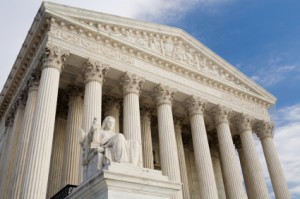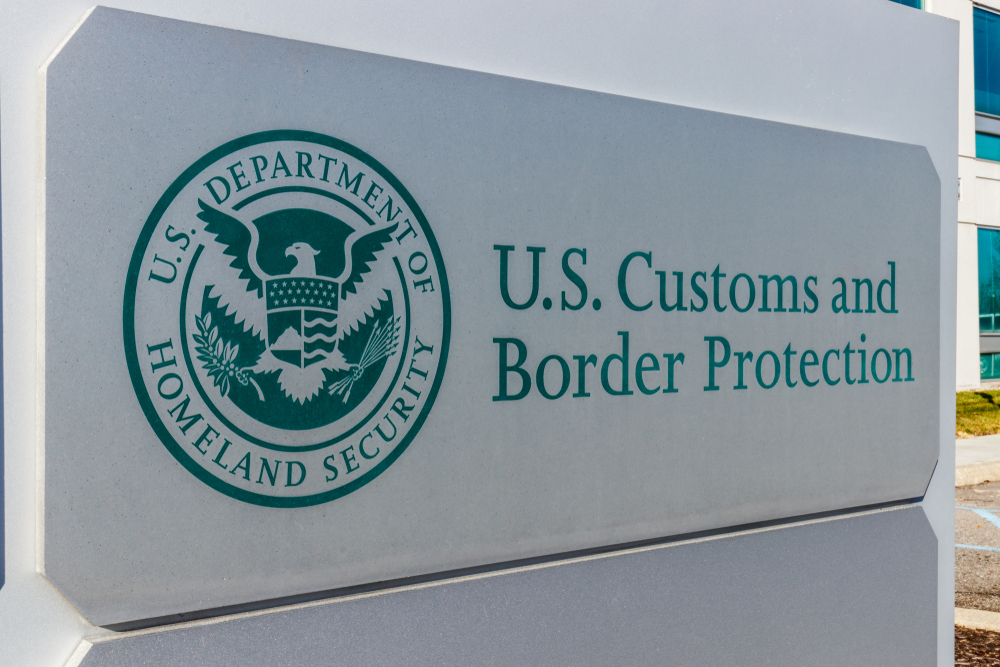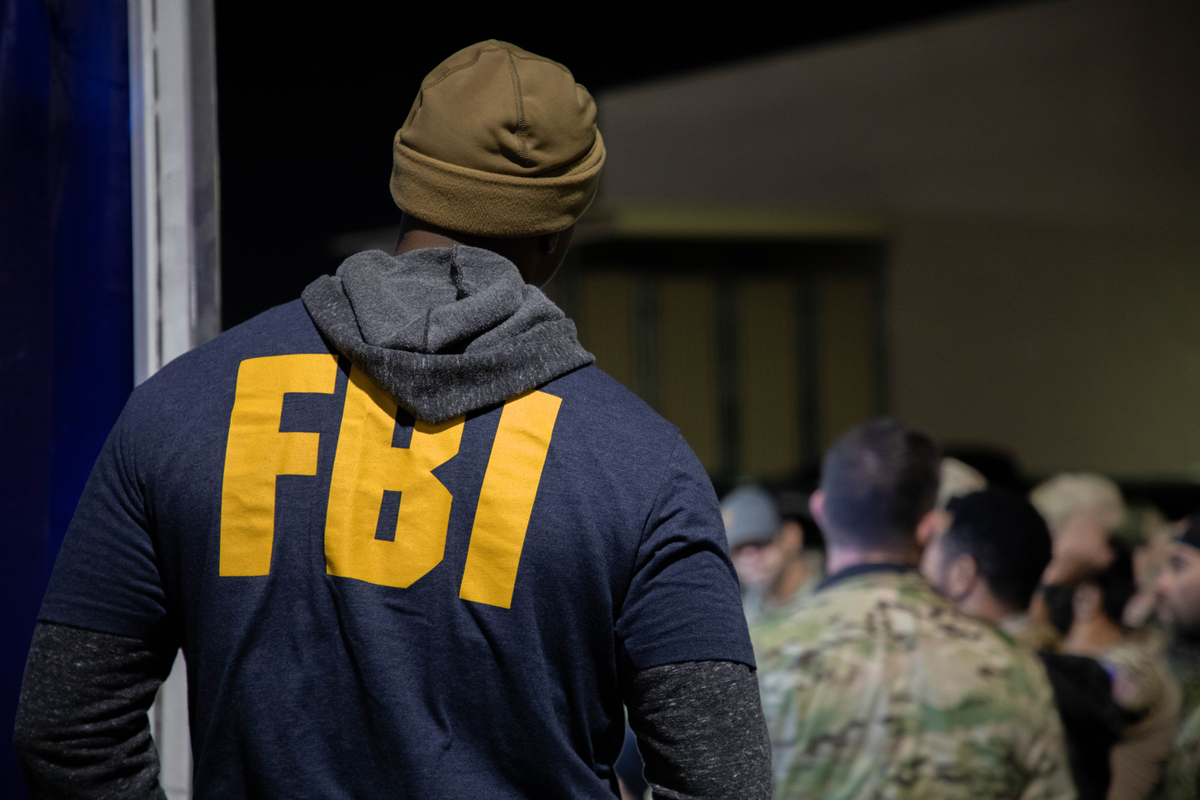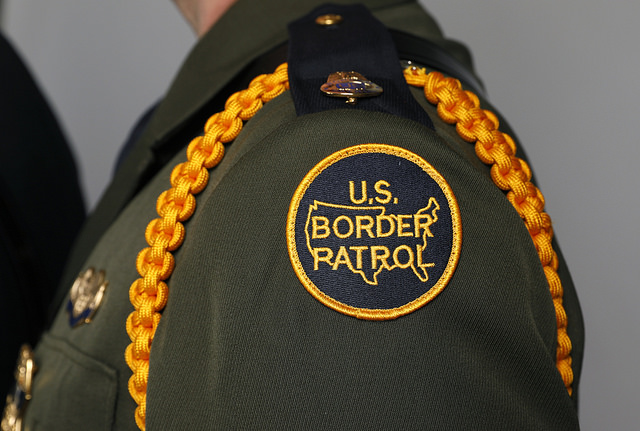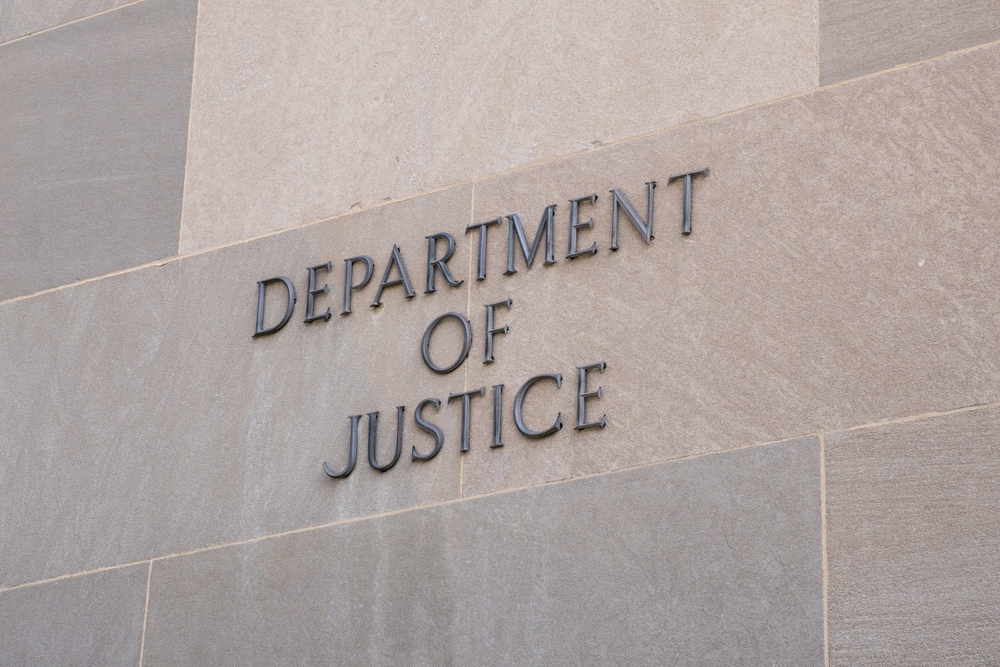By Steve Neavling
The Supreme Court will convene today to hear a challenge to the Biden administration’s 2022 regulation aimed at controlling ghost guns, untraceable firearms that are becoming increasingly common in major American cities.
The rule, issued by the ATF, seeks to ensure that ghost guns are subject to the same regulations as commercially sold firearms.
The court will decide whether the Biden administration exceeded its authority by issuing the rule, though the case does not involve claims of Second Amendment violations, CBS News reports.
The issue draws parallels to a case from last term when the Supreme Court struck down a Trump-era ban on bump stocks. In that case, the conservative majority ruled that the ATF had overstepped by defining a bump stock as a machine gun. However, legal experts suggest that the ruling in that case may not predict the outcome of this ghost gun challenge, and Chief Justice John Roberts and Justice Amy Coney Barrett are seen as key figures to watch in this decision.
The Biden administration argues that ghost guns, which can be assembled from kits or 3D-printed parts, pose a significant problem as they lack serial numbers, making them difficult to trace. The regulation would require manufacturers and sellers of these parts kits to be licensed and adhere to the same standards as traditional firearms dealers, including marking products with serial numbers and conducting background checks. The administration contends that this rule is necessary to curb the increasing use of ghost guns in crimes.
A group of 20 major U.S. cities, including Baltimore and New York, has filed a brief supporting the regulation, stating that they have already seen reductions in the number of ghost guns recovered by law enforcement since the rule took effect. These cities argue that if the rule remains intact, the proliferation of ghost guns will continue to decline.
On the other side, a group of gun owners and manufacturers challenged the rule, arguing that the ATF overstepped its bounds by defining parts kits as firearms, a task they say should be left to Congress. Lower courts have sided with the challengers, prompting the Supreme Court to review the case.
The decision, expected by June 2025, could have wide-reaching implications for the regulation of firearms in the U.S., especially as it relates to ghost guns and the broader issue of agency authority in gun control measures.


